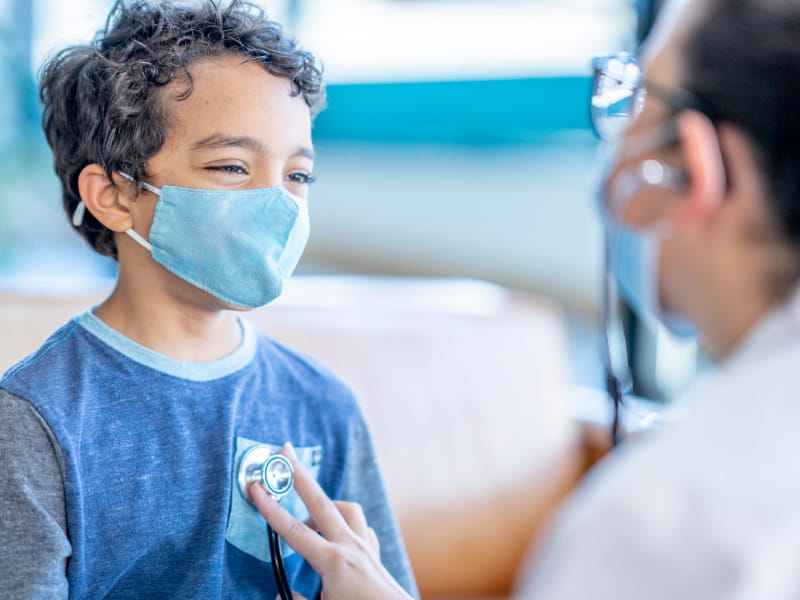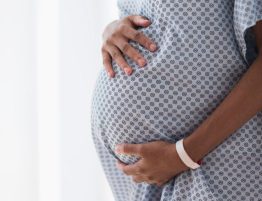
Children who develop COVID-19-related multisystem inflammatory syndrome, also called MIS-C, begin recovering in the first week of hospital discharge and fully recover normal heart function within three months, according to a new study.
The findings, published Wednesday in the Journal of the American Heart Association, suggest children diagnosed with MIS-C can gradually resume playing competitive sports within three months.
“There is limited data at this time about how frequently and how long we should monitor heart function during the recovery state of MIS-C after the child leaves the hospital,” study senior author Dr. Anirban Banerjee said in a news release. Banerjee is an attending cardiologist at the Cardiac Center with the Children’s Hospital of Philadelphia.
“Given that MIS-C was identified last year as a result of the COVID-19 pandemic, treatment protocols have not yet been standardized, and follow-up care varies greatly, which may lead to confusion and anxiety among families of patients and their care team,” Banerjee said. “Our research team hoped to provide some guidance and reduce the ambiguity on optimal care approaches, especially as it relates to sports participation.”
MIS-C can appear in children four to six weeks after they’ve been exposed to COVID-19. It can cause inflammation in the heart, lungs, kidneys and gastrointestinal organs. About 80%-85% of MIS-C cases have involved the heart’s left ventricle. The syndrome shares some characteristics with Kawasaki disease, a leading cause of acquired heart disease among young children in the U.S., with an average age of onset of 2. MIS-C, however, is associated with more profound inflammation.
In the new study, researchers detail heart damage and recovery during three to four months of follow-up in 60 children with MIS-C admitted to two Philadelphia hospitals between April 2020 and January 2021. None of the children, who were on average 10 years old, had been diagnosed with COVID-19 before onset of MIS-C symptoms.
Their results were compared with those of 60 children, on average 11.5 years old, who had no known exposure to COVID-19 or symptoms of the virus and whose hearts were structurally normal.
Among those exposed to COVID-19, about 81% lost some ability for the left ventricle to contract during the acute phase of the illness. But that function returned to normal within three to four months.
When first admitted to the hospital, 70% of children showed some signs of heart malfunction. But there were no lasting coronary artery abnormalities and within three months, all scans were normal.
“This study provides additional evidence that myocardial involvement is transient and may not lead to long-term abnormalities” in heart function, Dr. Kevin G. Friedman, a pediatric cardiologist at Boston Children’s Hospital, said in the news release. He was not involved in the study.
“Although cardiac involvement in the acute stage of illness is common, it is reassuring that all patients recovered normal cardiac function within about one week,” he said. “This data tells us that, fortunately, lasting heart injury is very uncommon in MIS-C.”
Editor’s note: This story was corrected Jan. 20, 2022. The percent of children showing some signs of heart malfunction when first admitted to the hospital was 70%, not 7%. Because of the rapidly evolving events surrounding the coronavirus, the facts and advice presented in this story may have changed since publication. Visit Heart.org for the latest coverage, and check with the Centers for Disease Control and Prevention and local health officials for the most recent guidance.
If you have questions or comments about this story, please email editor@heart.org.







